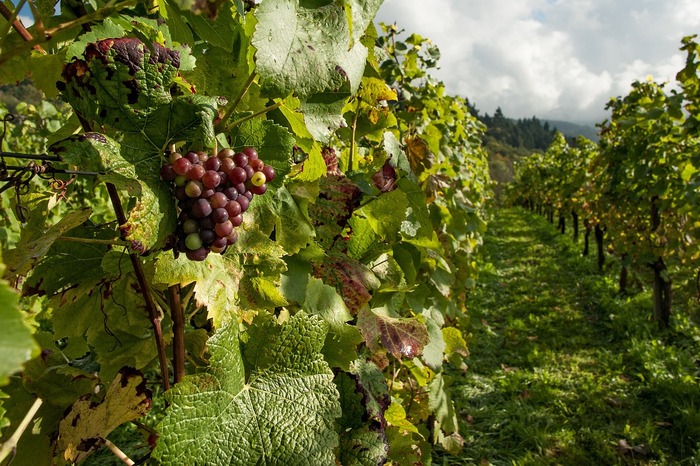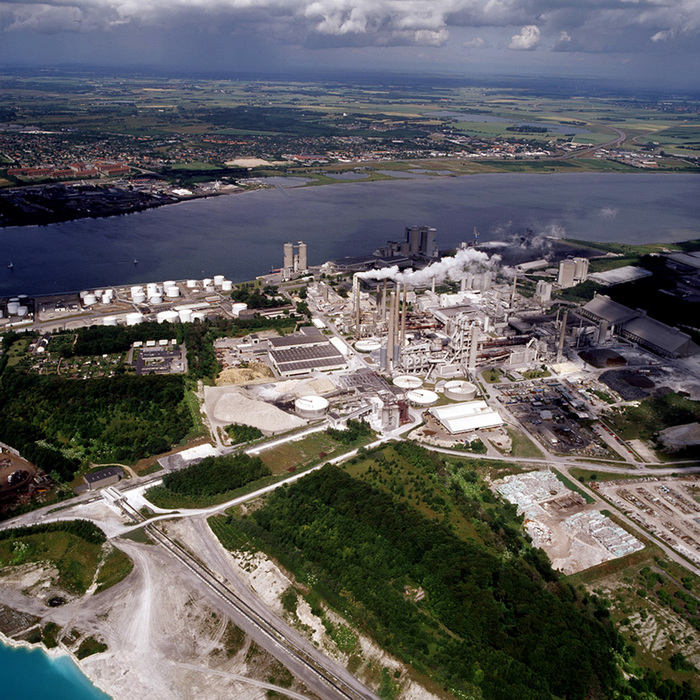Will clementine soon lose its taste?
Global warming would affect the taste of these fruits, which are widely consumed in winter, by reducing their acidity.
This is the observation made by researchers from the National Research Institute for Agriculture, Food and the Environment (Inrae) based in San-Giuliano in Corsica.
How to explain it?
The increases in temperatures during the ripening of clementines, in autumn, when the light necessary for photosynthesis decreases, accelerates the respiration of the fruit which comes to draw on its reserves of citric acid, explains Olivier Pailly, director of the INRAE research unit on citrus fruits.
The phenomenon would not be new.
For the past fifteen years, researchers have noted a decrease in the acidity of clementines, he continues.
However, “acidity is an aroma enhancer.
The balance between acids and sugars is essential ”, details the researcher who describes citrus fruits as“ the kings of the accumulation of acids ”.
"A real impact on the Clementines"
"Global warming has a real impact on clementines", concludes INRAE, which has a collection of citrus fruits among the most beautiful in the world in Corsica, with more than 1,100 different species and varieties.
More than 70 varieties of clementines are kept there in "the world's first collection of genetic resources of mandarins and clementines".
Read alsoClimate change could lead to a shortage of pasta
Several avenues are then on the table to adapt to the climate of the future.
Agronomists are looking in particular for "more acidic and late varieties" by "revisiting" the results of trials of varieties of clementines from around the world, says the researcher.
"If climate change intensifies, then we will be able to offer more suitable varieties more quickly," he explains.
A sweeter taste in some fruits
“More ecological practices” such as grassing orchards or organic fertilization “help maintain the quality of the fruit”, the spread of harvests and contribute to adaptation to climate change, underlines INRAE.
By upsetting ecosystems, climate change is already having an impact on the taste of our food.
The taste of wild berries would appear sweeter than a few years ago in the Canadian Far North, according to the Institute for Research in Plant Biology in Montreal.
Likewise, in Japan, a study on the taste of apples published in the journal Nature, concluded that the texture and flavor of fruits were influenced by the temperature of the ambient air.
The apples have gotten sweeter and less firm over the years, the study finds.















